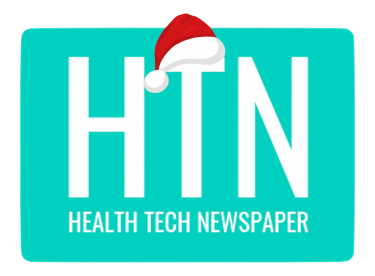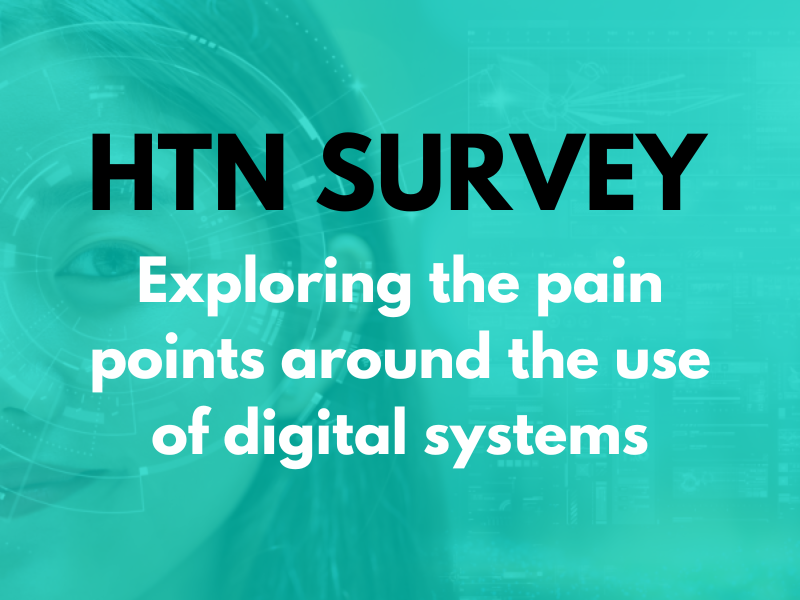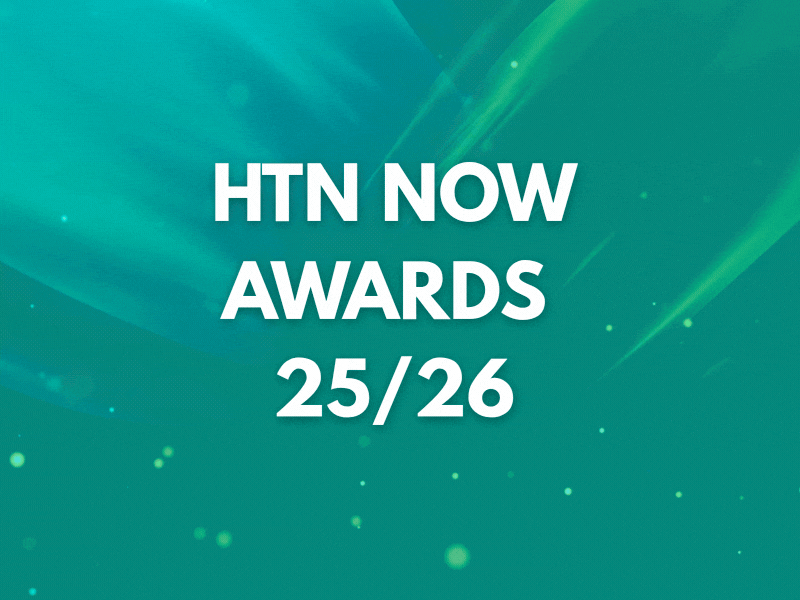In our latest interview, we speak with Alex Whitfield, CEO of Hampshire Hospitals who discussed her unconventional route to becoming a CEO, her trust being the first to conduct Covid-19 testing outside of Public Health England through their microbiology lab, and rounded off with a personal thankyou to her staff and the public.
Can you tell me about your path to becoming a CEO?
 I haven’t had a conventional route into becoming a chief executive in the NHS. My degree was in Engineering, and after a year teaching in Lesotho, I joined Esso working at the Fawley oil refinery. I spent 13 years in oil covering a wide variety of roles, until I saw an advert for the Gateway to Leadership programme looking for people with commercial management skills to join the NHS. I had been looking for a way to move into the charitable or public sector, and this seemed like a great opportunity. I started at Basingstoke and North Hampshire Hospital in 2005 and have never looked back! The NHS is a fascinating, challenging, inspirational, frustrating, and brilliant place to work.
I haven’t had a conventional route into becoming a chief executive in the NHS. My degree was in Engineering, and after a year teaching in Lesotho, I joined Esso working at the Fawley oil refinery. I spent 13 years in oil covering a wide variety of roles, until I saw an advert for the Gateway to Leadership programme looking for people with commercial management skills to join the NHS. I had been looking for a way to move into the charitable or public sector, and this seemed like a great opportunity. I started at Basingstoke and North Hampshire Hospital in 2005 and have never looked back! The NHS is a fascinating, challenging, inspirational, frustrating, and brilliant place to work.
After seven years in an acute hospital, I joined Solent NHS Trust where I was chief operating officer for five years, working in community and mental health services. The biggest thing I took away from that role was collaborating across sectors to do the very best for patients, and it’s something I have remained passionate about. I was delighted to be appointed to the chief executive role at Hampshire Hospitals – I started my NHS career at Basingstoke, and had my first director role at Winchester, so I knew what great people work across the trust and what a privilege it would be to work alongside them.
How has your leadership changed during the Covid-19 pandemic?
It has always been very important to me to know what it is really like working in my organisation and I try to spend as much time as I can on the wards and with front line teams. Of course, during Covid-19 those important face-to-face interactions with staff have become much harder, and I have had to find other ways to find out how things are. Technology has been a real asset both in how we communicate with staff, public and even patients, but I am all too aware of the barriers of virtual conversations – particularly with many staff often not being able to get time in front of a computer during the working day.
It’s been more important than ever before to really hear what our staff are saying and understand what they are experiencing. In the last few months we held listening events, and one with our BAME champions group was particularly thought provoking. I am struck by Michael West’s definition of compassionate leadership which talks about listening with fascination, and then about doing something as a result.
Another key theme for me has been about trust. I am lucky to be supported by a brilliant group of people in the senior leadership team, and the last few months have meant that we have really needed to trust and rely on each other in ways we haven’t before. Particularly in the first couple of months, we were constantly making rapid changes to how we run our services and adapt how we lead our teams – we couldn’t afford to have everyone working on the same thing. Whether dealing with ever-changing PPE guidance, staff risk assessments, free meals or ward configuration, it was about knowing that we were all getting on with it with our patients and staff at the heart of every decision.
What technology has been most useful to your trust over the past few months?
 Who hasn’t become experts with Zoom and Microsoft Teams over the last few months?! We have used both a lot for our internal communications with staff, virtual patient appointments and public engagement.
Who hasn’t become experts with Zoom and Microsoft Teams over the last few months?! We have used both a lot for our internal communications with staff, virtual patient appointments and public engagement.
We were scheduled to do two months of public engagement around our new Modernising our Hospitals and Health Services programme, under the national Health Infrastructure Programme (HIP2) to build a new hospital. We had to move it all onto Zoom, and after having spoken to over 1,000 people using this technology, I can safely say it has been surprisingly brilliant!
From a clinical perspective, we had already set up our radiologists with home reporting and that has proved to be a godsend. We have eliminated our reporting backlog.
For some time, we have been working through a Digital Care programme, and in particular a remote outpatient programme that had just begun to really kick off. Through Covid-19, this has accelerated beyond all recognition and that means that we are faring very well in terms of outpatient appointments delivered. From April – June 2020, over 50,000 non face-to-face clinics took place either via phone or video, which is an incredible achievement and a real team effort.
Our microbiology team have been hugely innovative, and we are very proud to have been the first lab outside of PHE to test in-house for Covid-19. Remarkably, the team had this technology up and running by the beginning of March, which meant we were able to test staff very early and reduced our sickness absence, as well as being able to quickly test symptomatic patients. We also offered early testing to staff of partner organisations to support those in our patch.
Our IT team has been phenomenal in getting people set up to work from home to support those who could work from home to do so, and has been particularly useful for those who have needed to shield but continued to be an important part of our team.
What learnings have you acquired leading through a pandemic?
I have definitely become better at trusting others to get on with things. It has been impossible for one person to be over the detail of absolutely everything, so our incident command structure has had clear delegation and escalation processes. I was totally inspired when I visited one of the labour ward teams who had created a Covid-19 unit in the maternity unit to care for Covid-19 positive mums. As a leadership team we had said that all areas needed to work through how to provide safe spaces, and then individual teams had worked the detail in their own areas. This is textbook leadership for me – we agree the outcome, resources and support, and then don’t interfere in the detailed implementation!
As a health and care system we have come much closer during this time, including daily conversations with partners in mental health, primary, community and social care. We all understand one another’s worlds much better and have a greater appreciation of what each other bring.
I have also had a renewed sense of what is possible. It can be too easy to say that something will take years to change, and yet we made huge changes happen overnight. We need to keep reminding ourselves that the NHS is amazing, and we do amazing things.
How has the role and usage of data changed during the past few months?
As we have moved into restoration, I find that the task is actually much harder. People are tired and the objective is less singular. Keeping people safe from Covid-19 was a single, very clear, overriding priority. Now we need to maximise the diagnostics and treatments we provide to a wide range of patients, while still keeping people safe, within the limitations of workforce capacity, estate and finances. It is more complicated and there are more trade-offs to make. We have competing asks for space and people. The role is still about trying to bring clarity to the situation – we still have a common purpose which is about being able to provide outstanding care for every patient.
Data has become more important during this time, which is great, as becoming more data driven is something I have been advocating for quite a while. I think more and more people are seeing the value in real time, accurate data. We were used to getting sickness absence monthly and suddenly we needed it daily. Back in April, we were discussing the number of patients who had tested positive for Covid-19 three times a day – tracking rises in admissions by the hour. It showed up the gaps in our data systems, but also what amazing people we had who could implement new data capture systems overnight in order to help us care for our patients and support our staff.
What advice would you give to CEOs and teams at other trusts?
Trust your teams. Care for them, support them. Give them opportunities to rest, and opportunities to shine.
Anything else you would like to add?
A huge thank you to the public and communities who have responded so well to the Covid-19 pandemic. In early April we were facing an unimaginable situation of demand for intensive care beds at 10 times our normal capacity. As a result of all the brilliant work by the public and the NHS, we turned that curve.
And a huge thank you to the amazing staff at Hampshire Hospitals and in our partner organisations across Hampshire and the Isle of Wight – you are what makes the NHS the inspirational icon that it truly is.






